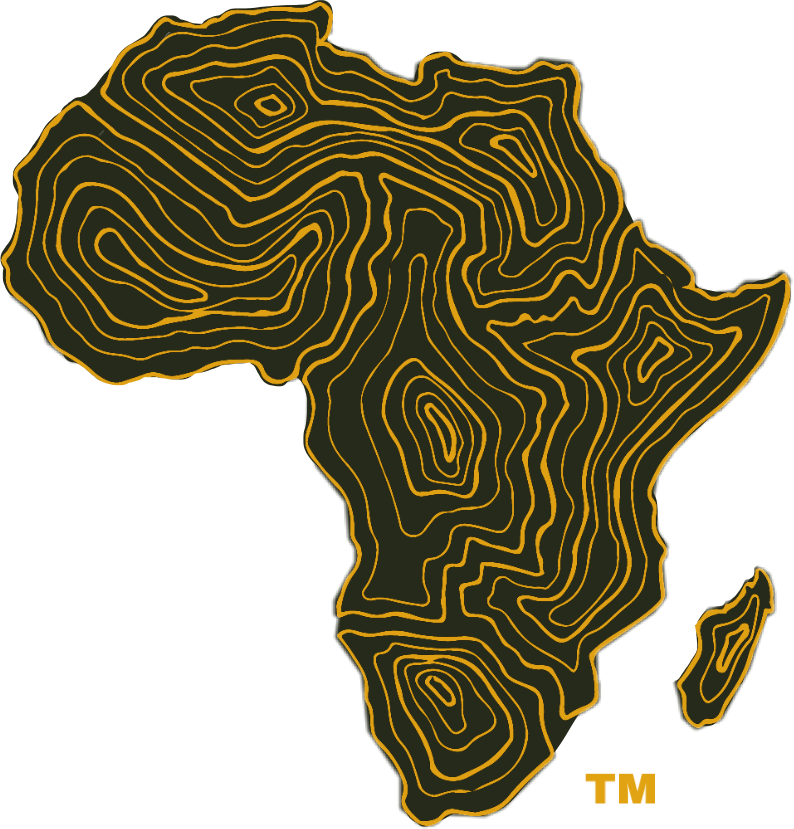Thabo Mbeki
Born: 18 June 1942
“Our experience over the last 20 years has shown that indeed people must themselves become their own liberators. You cannot wait for somebody else to come and rescue you.”
Image taken from Wikipedia
Thabo Mvuyelwa Mbeki is a politician who served as the second-ever president of a Democratic South Africa from 1999 to 2008. He spent the majority of his life as a member of the African National Congress (ANC) and was a leading figure in the struggle against the oppressive apartheid government, despite the fact that he worked primarily outside South Africa. This did not, however, deter him from wanting to see a change in his country.
Early Life
Thabo Mbeki was born on the 18th of June 1942, in the village of Mbewuleni, Idutywa, Transkei (Eastern Cape). Mbeki is the youngest of four children born to Epainette Mbeki and Govan Mbeki. Both of his parents were politically active, being members of the South African Communist Party. His father was a prominent figure in the Eastern Cape's African National Congress (ANC).
Education
Mbeki attended primary and secondary schools in Butterworth and Idutywa, as well as a high school in Lovedale, Alice. He was expelled from school in 1959 as a result of a student strike he led, but he joined the African National Congress Youth League (ANCYL) in 1954 while still a student. He continued his education at home and sat for his matriculation exams at St John's High School in Umtata. Between 1960 and 1961, he completed his British "A" level exams and enrolled as an external student at the University of London to study economics. Mbeki met Nelson Mandela in 1961 in Johannesburg, alongside other SACP and ANC officials. They all urged him to leave South Africa, arguing that it would be beneficial for him, particularly given his membership in the ANC and SACP. He was elected secretary of the African Students Association in December 1961. (ASA).
Exile
After the ANC was banned by the apartheid government, Mbeki and his comrades fled from South Africa disguised as a football team. He traveled to Botswana and eventually Tanzania with Kenneth Kaunda, Zambia's eventual post-independence president. Mbeki enrolled at the University of Sussex in Brighton, England, in late 1962 and earned a master's degree in economics in 1966. Mbeki's father was arrested in 1963 alongside Mandela and other prominent political figures following a police raid in Rivonia. In April of the following year, he addressed a United Nations Special Committee delegation, pleading for his father's life, as he faced the death penalty in the Rivonia Treason Trials.
While in England, Mbeki continued his political work, mobilizing international student support against the apartheid government. He collaborated with Yusuf Dadoo, the Communist Party's leader, at the ANC's London headquarters. Mbeki was permitted to travel to Moscow, the Soviet Union, to attend military training at the Lenin International School. The school was only open to communists and those engaged in liberation struggles, for whom ideological training was provided.
In 1971 Mbeki, along with Oliver Tambo, was transferred to Lusaka, Zambia. He was appointed Assistant Secretary to the ANC's Revolutionary Council (RC). The RC's objective was to bridge the growing divide between the ANC in exile and the South African people. Mbeki was transferred to Botswana two years later to oversee the developing internal underground.
He married Zanele Dlamini on November 23, 1974, at Farnham Castle, the home of Zanele's sister and her husband. He was sent to Swaziland shortly after his marriage to Zanele to assess whether the ANC could establish a base there. He returned to Zambia after a week and informed the ANC that it was possible to establish a base in Swaziland, particularly given its proximity to Durban and Johannesburg.
Road to Democracy
Mbeki continued to mobilize support for black people in South Africa's struggle for democracy throughout the remainder of the 1970s and 1980s. He was elected to the ANC's National Executive Committee (NEC) in 1975 and re-elected in 1985.
Mbeki was steadily gaining prominence as an ANC political leader, which prompted him to lead secret negotiations with the South African government in 1989. These discussions resulted in the ANC and other political parties being unbanned and political prisoners being released, including Nelson Mandela in 1990. From 1990 till 1994, Mbeki was involved with negotiations that led to an interim Constitution for the new democratic South Africa. In 1993 he became Chairperson of the ANC, succeeding Oliver Tambo. In 1994, South Africa achieved democracy with Mandela becoming its first elected president and Mbeki the deputy president.
Presidency
Mandela stepped down from politics in 1999, and Mbeki was elected President of South Africa following the ANC's victory in national elections. His administration was devoted to reconciling the country with its traumatic past and moving on from apartheid. Additionally, he spearheaded efforts to attract foreign investment to the continent. Mbeki was re-elected President of the ANC and President of South Africa in 2002 and 2004, respectively, after winning the elections for the second time.
Mbeki fired Jacob Zuma, his deputy president, in 2005 due to his involvement in the corruption scandal. These events exacerbated tensions within the ANC between Mbeki and Zuma supporters. Zuma would eventually surpass Mbeki as the ANC's presidential candidate for the 2009 elections, which he won. Mbeki resigned and went on to serve as the African Union's lead negotiator for the resolution of the South Sudan and Sudan conflict.
References
http://www.thepresidency.gov.za/profiles/former-president-thabo-mvuyelwa-mbeki
Mbeki, Thabo Mvuyelwa (2021). Available at: https://www.blackfacts.com/fact/mbeki- thabo-mvuyelwa (Accessed: 14 July 2021).
Thabo Mvuyelwa Mbeki | South African History Online(2021). Available at: https://www.sahistory.org.za/people/thabo-mvuyelwa-mbeki (Accessed: 14 July 2021).
Thabo Mbeki | president of South Africa (2021). Available at: https://www.britannica.com/biography/Thabo-Mbeki (Accessed: 14 July 2021).
Thabo Mbeki (1942 - ) Timeline | South African History Online (2021). Available at: https://www.sahistory.org.za/article/thabo-mbeki-1942-timeline (Accessed: 14 July 2021).
Top 30 quotes of THABO MBEKI famous quotes and sayings | inspringquotes.us (2021). Available at: https://www.inspiringquotes.us/author/3011- thabo-mbeki (Accessed: 14 July 2021).

